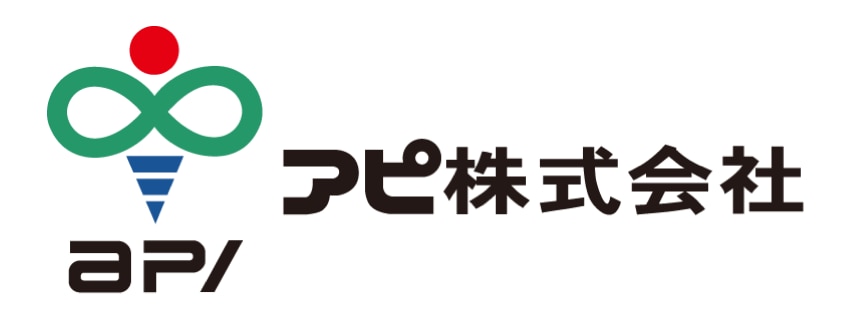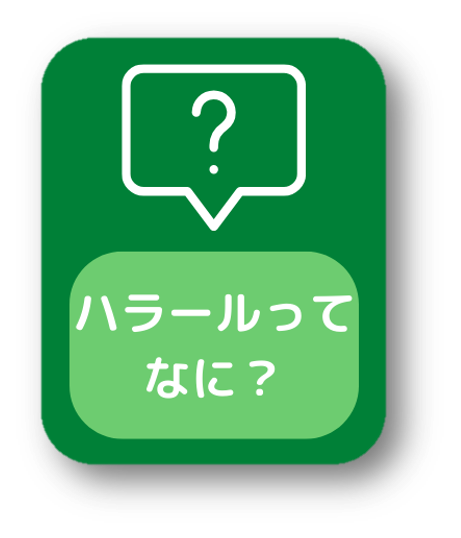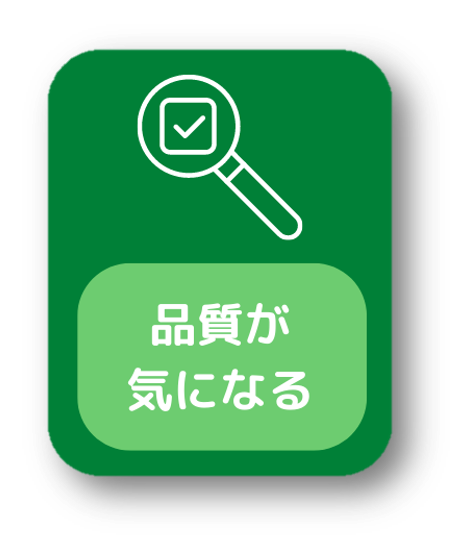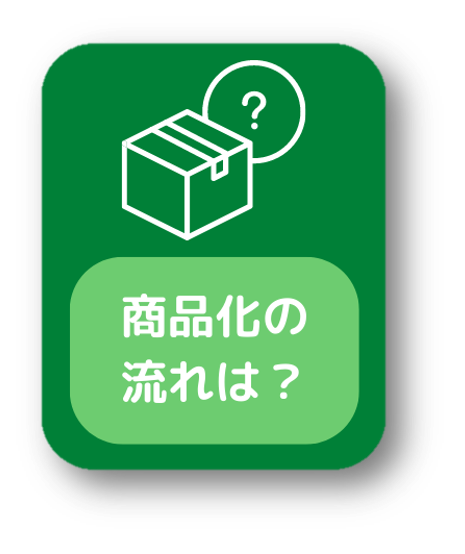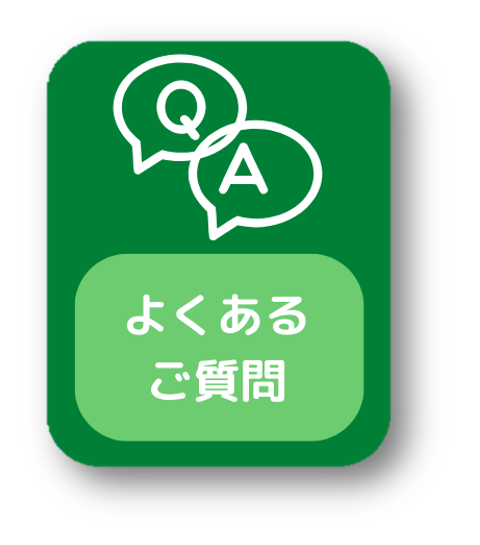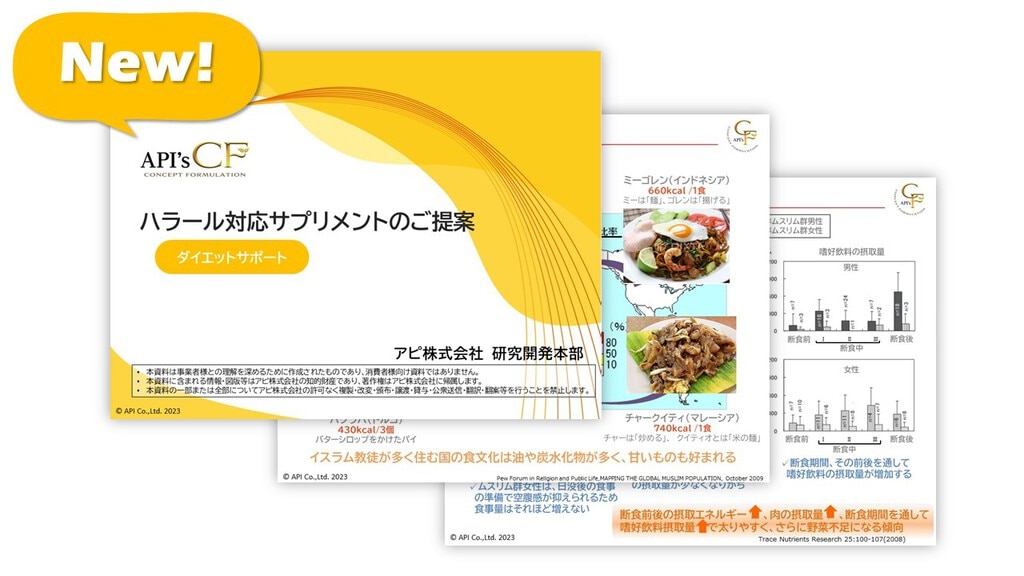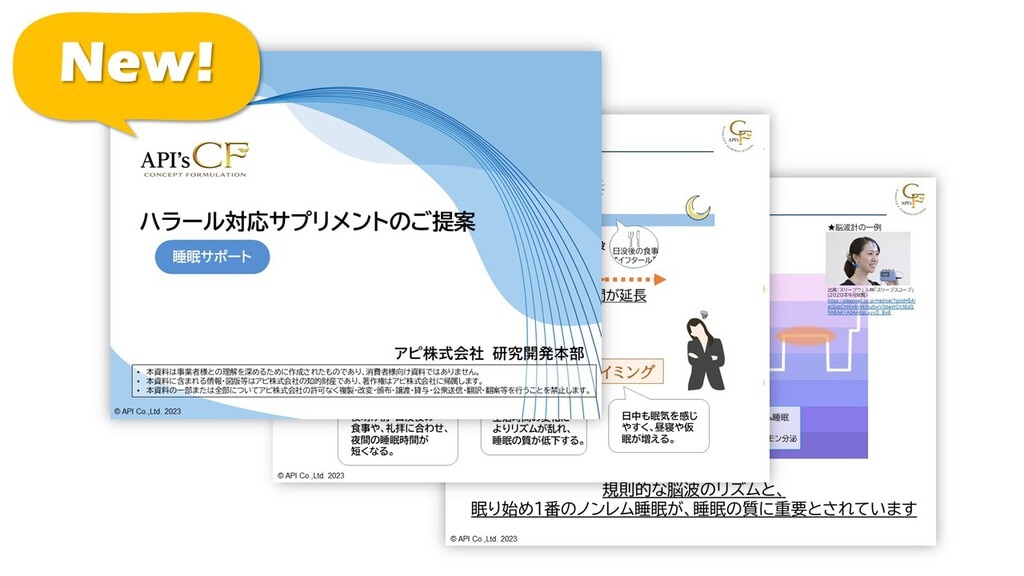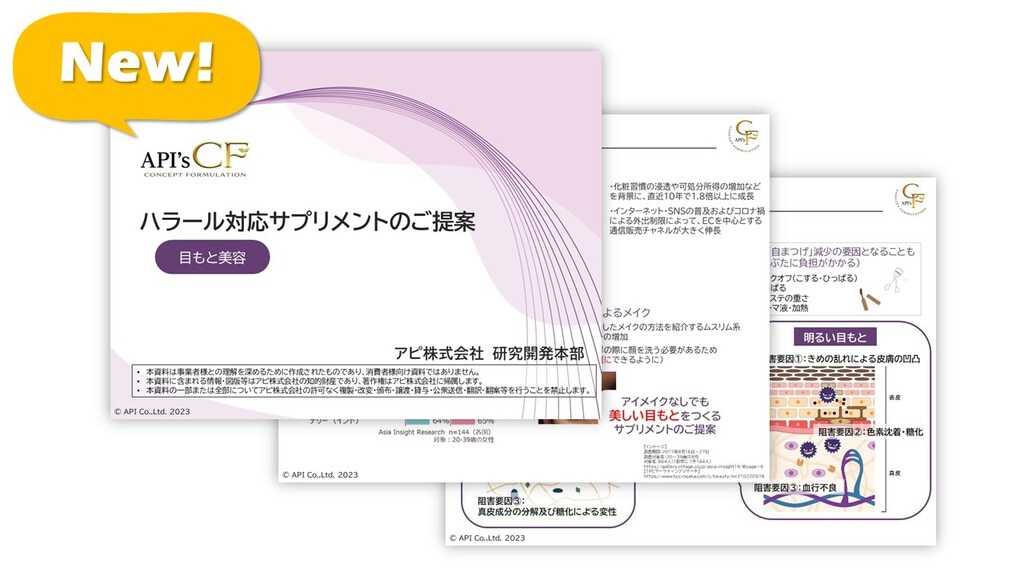halal products
Obtained Halal certification (Japan Asia Halal Association NAHA)
Support product development for Southeast Asia!
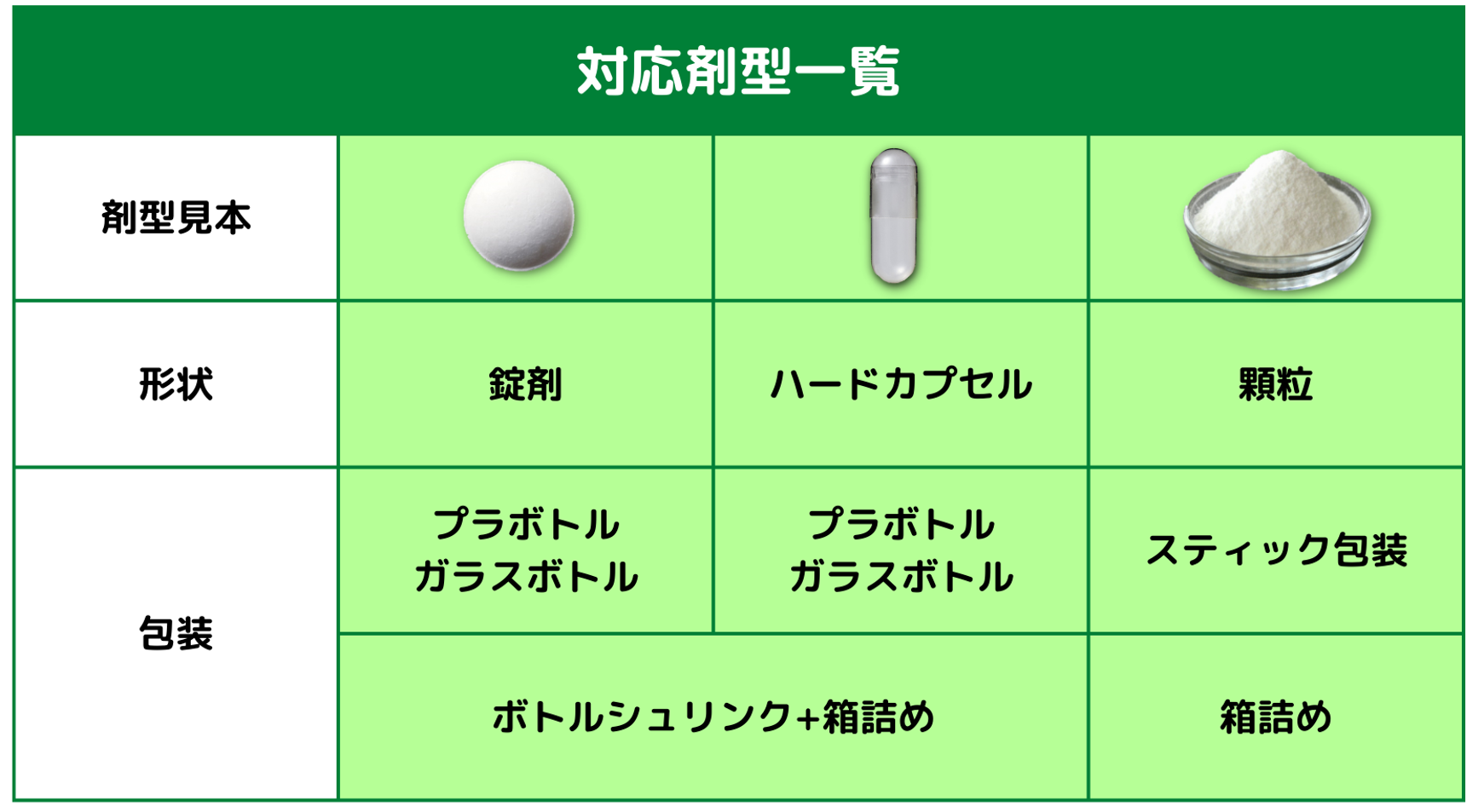

“Halal” and “Haram”
“Halal”refers mainly tofoods that Muslims (Muslims) are permitted under Islamic law.
Refers to actions and thoughts. Conversely,“haram”refers to foods, actions, and beliefs that are prohibited in Islam.
Refers to actions and thoughts. Conversely,“haram”refers to foods, actions, and beliefs that are prohibited in Islam.
muslim diet
So, what kind of food can Muslims eat? It means food other than "haram".
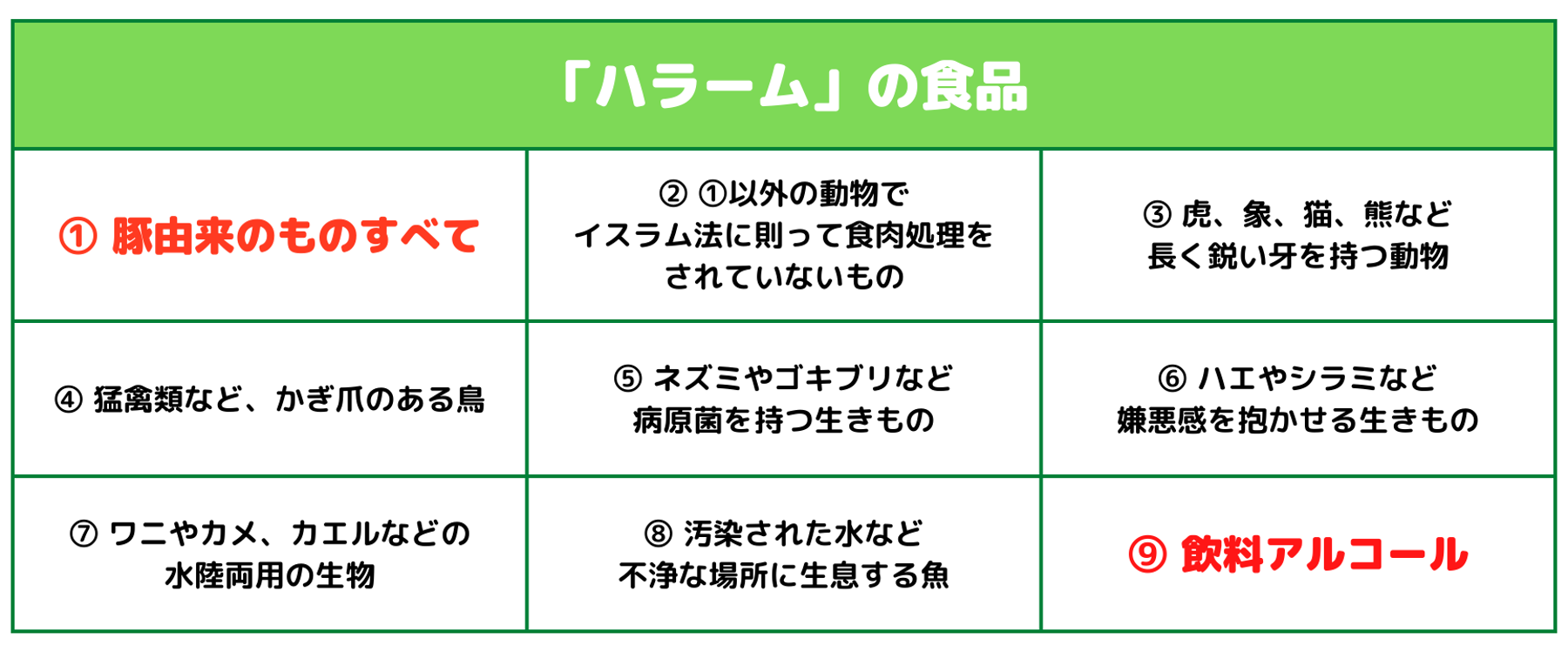
Above all, ① and ⑨ need to be most careful when handling food.
"Halal"
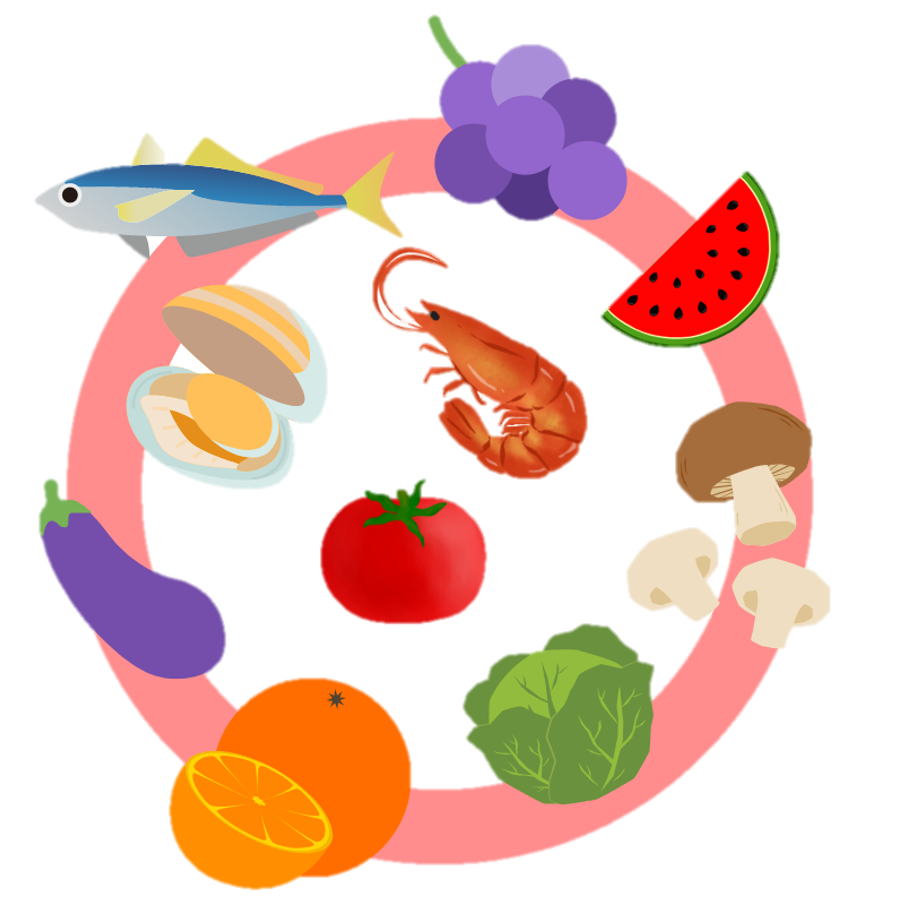
"haram"
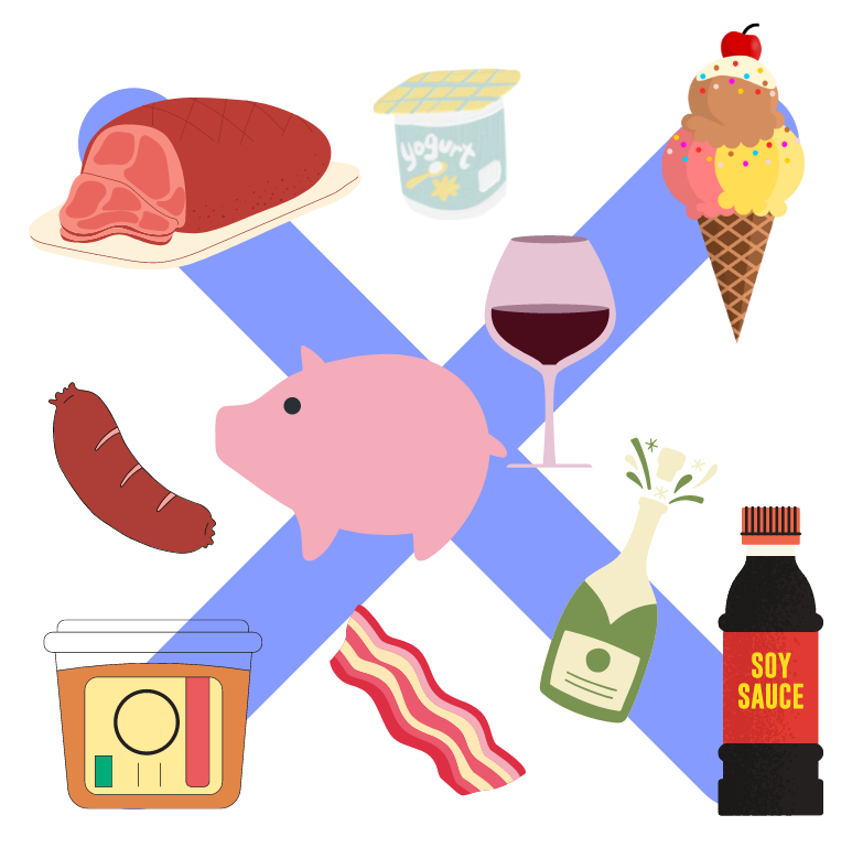
* Beverage alcohol is halal if it is naturally fermented.
Muslims make up 25% of the world's population
The Muslim population in 2022 is about 1.9 billion, which is the second most populous religion in the world after Christianity. It also representsabout 25% of the world's population. Furthermore,about 70% of the world's Muslim populationlives together in the same Asian region as we do.
Considering the large number of Muslim population, it can be said that “Halal” is already a familiar existence.
Considering the large number of Muslim population, it can be said that “Halal” is already a familiar existence.
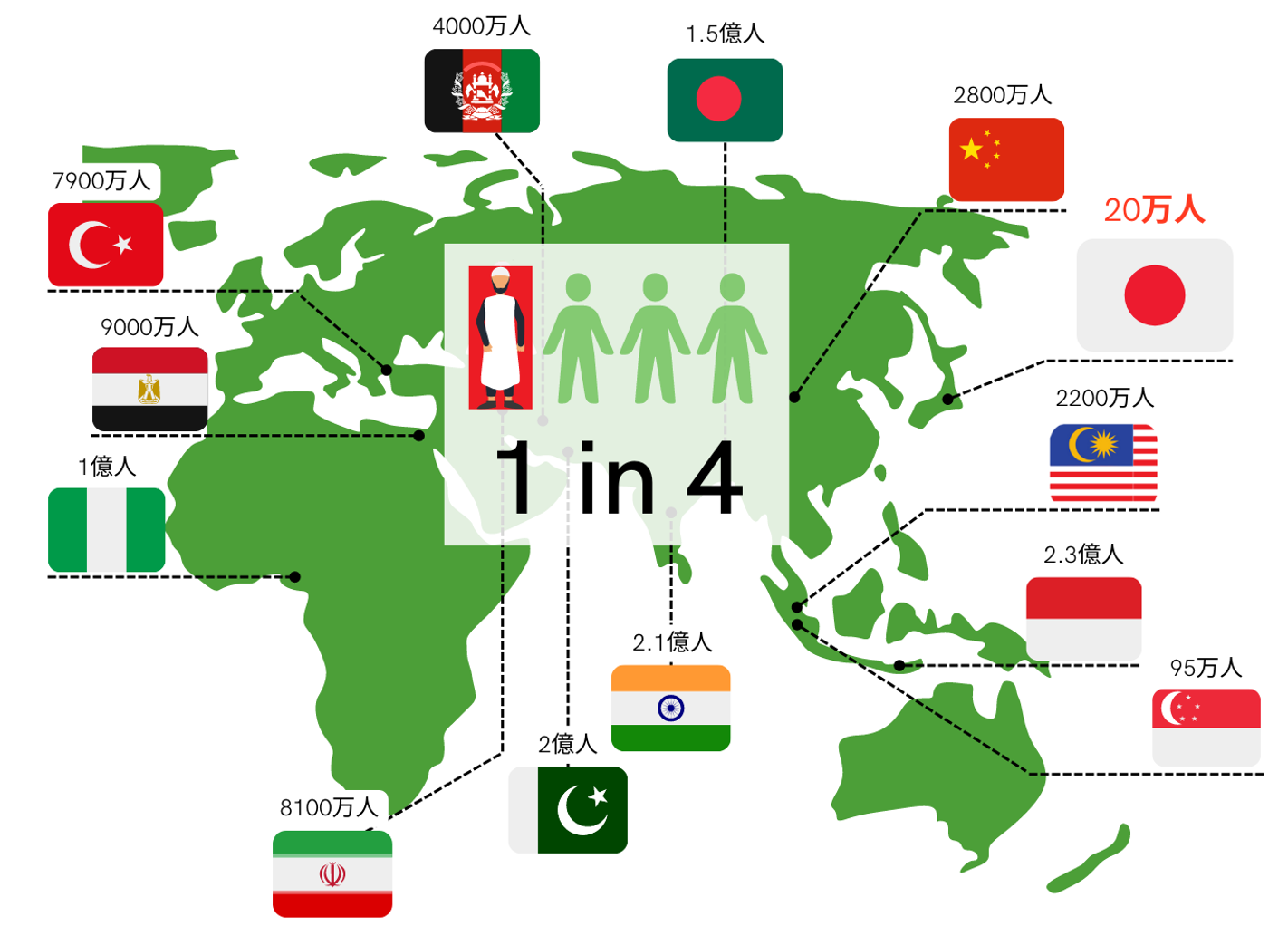
*Asian Muslim population in 2020
Source: Pew-Templetion Global Religious Futures Project
Source: Pew-Templetion Global Religious Futures Project
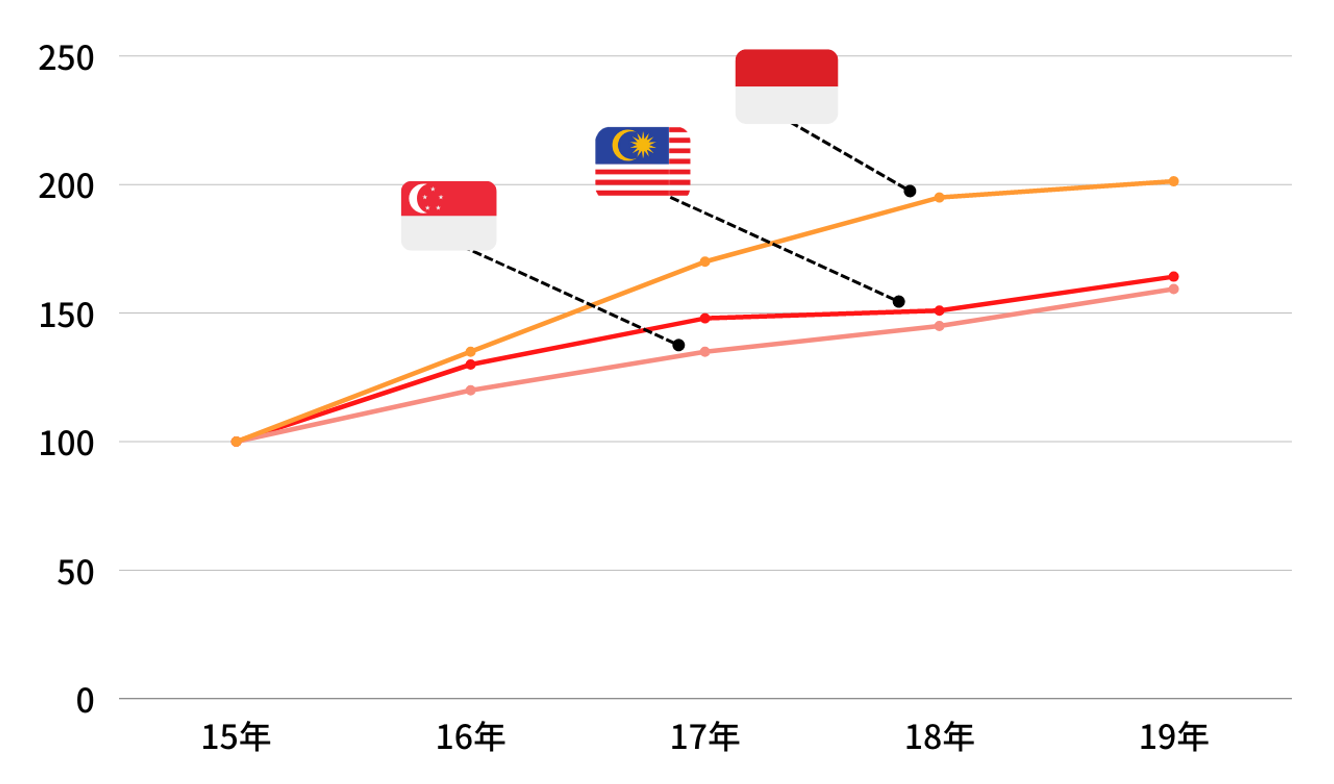
* Changes in the number of visits to Indonesia, Malaysia, and Singapore
Source: Created based on the Japan National Tourism Organization (JNTO) estimate of the number of foreign visitors to Japan (2020)
Source: Created based on the Japan National Tourism Organization (JNTO) estimate of the number of foreign visitors to Japan (2020)
Increasing Domestic “Halal” Demand
In recent years, there are many Muslims in countries such as Indonesia, Malaysia, and Singapore.
The reliability of Japanese-made supplements has been recognized mainly in Southeast Asian countries, and the demand for them is increasing against the backdrop of rising income levels and the number of tourists visiting Japan every year. If the number of visitors in 2015 is taken as 100%, the inbound population in 2019 will be Indonesia 201.3%,
Malaysia 164.2%,Singapore 159.4% and in Southeast Asia
You can see that the rate of increase in the number of Muslim visits is high. The rate of increase in 2021 due to the corona crisis is
I was depressed, but when the corona misfortune calms down, it will rise again.
The reliability of Japanese-made supplements has been recognized mainly in Southeast Asian countries, and the demand for them is increasing against the backdrop of rising income levels and the number of tourists visiting Japan every year. If the number of visitors in 2015 is taken as 100%, the inbound population in 2019 will be Indonesia 201.3%,
Malaysia 164.2%,Singapore 159.4% and in Southeast Asia
You can see that the rate of increase in the number of Muslim visits is high. The rate of increase in 2021 due to the corona crisis is
I was depressed, but when the corona misfortune calms down, it will rise again.
Proof that you can eat with confidence
For exports to countries with a large Muslim population, halal certification is recommended to certify the non-use of pork-derived ingredients and alcohol, which are prohibited by Islam. (Although it is recommended, it is said that it is difficult to distribute products that are not Halal-certified.)
Halal certification is a system that is granted to each product, but in order to obtain certification, it is a major premise that it is manufactured in a factory that has cleared the audit of the Halal certification body. As with GMP and HACCP, each production area and production line must be certified, and must be completely isolated from prohibited ingredients. is not in order,
Supplement manufacturers that acquire Halal certification are extremely limited.
Halal certification is a system that is granted to each product, but in order to obtain certification, it is a major premise that it is manufactured in a factory that has cleared the audit of the Halal certification body. As with GMP and HACCP, each production area and production line must be certified, and must be completely isolated from prohibited ingredients. is not in order,
Supplement manufacturers that acquire Halal certification are extremely limited.
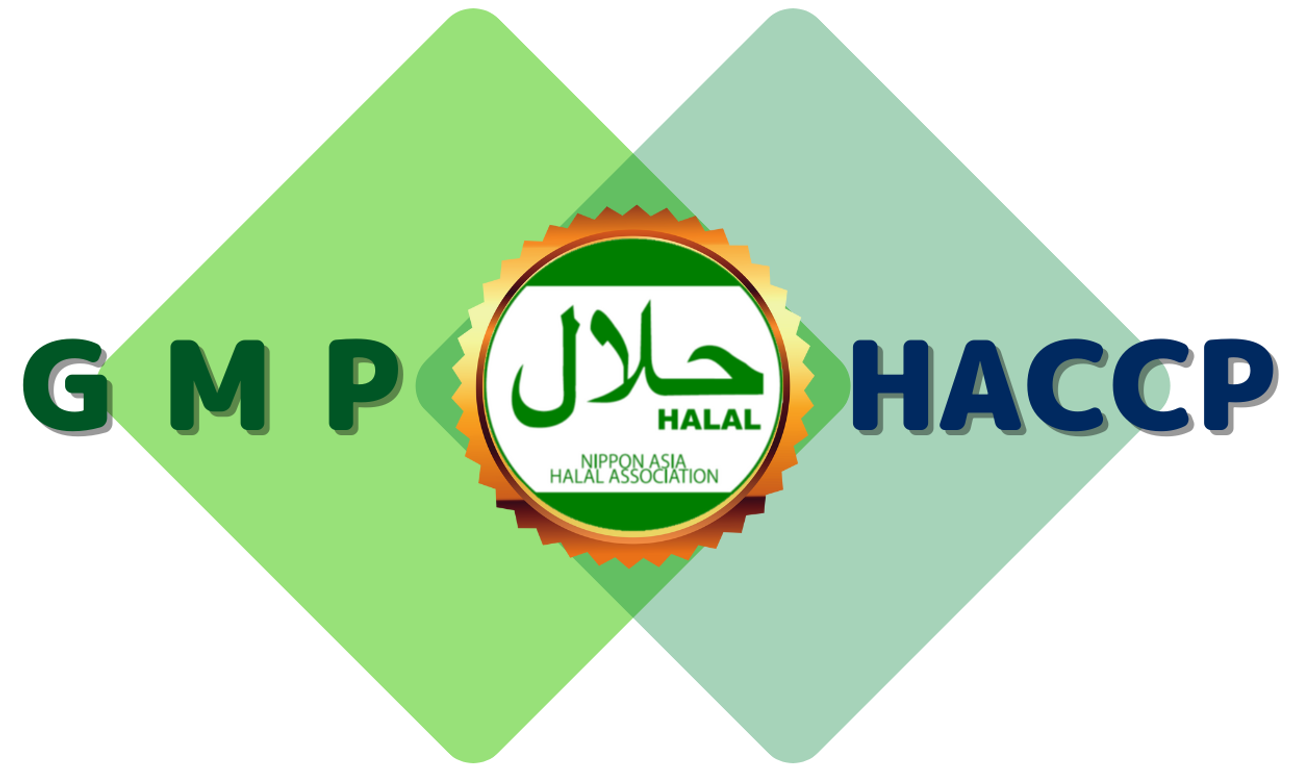
Japan Asia Halal Association "Halal Certification Mark"
A mark identifying foods that Muslims can eat with peace of mind
*Halal certification mark requires approval for each product.
A mark identifying foods that Muslims can eat with peace of mind
*Halal certification mark requires approval for each product.
Manufacturing system and quality control
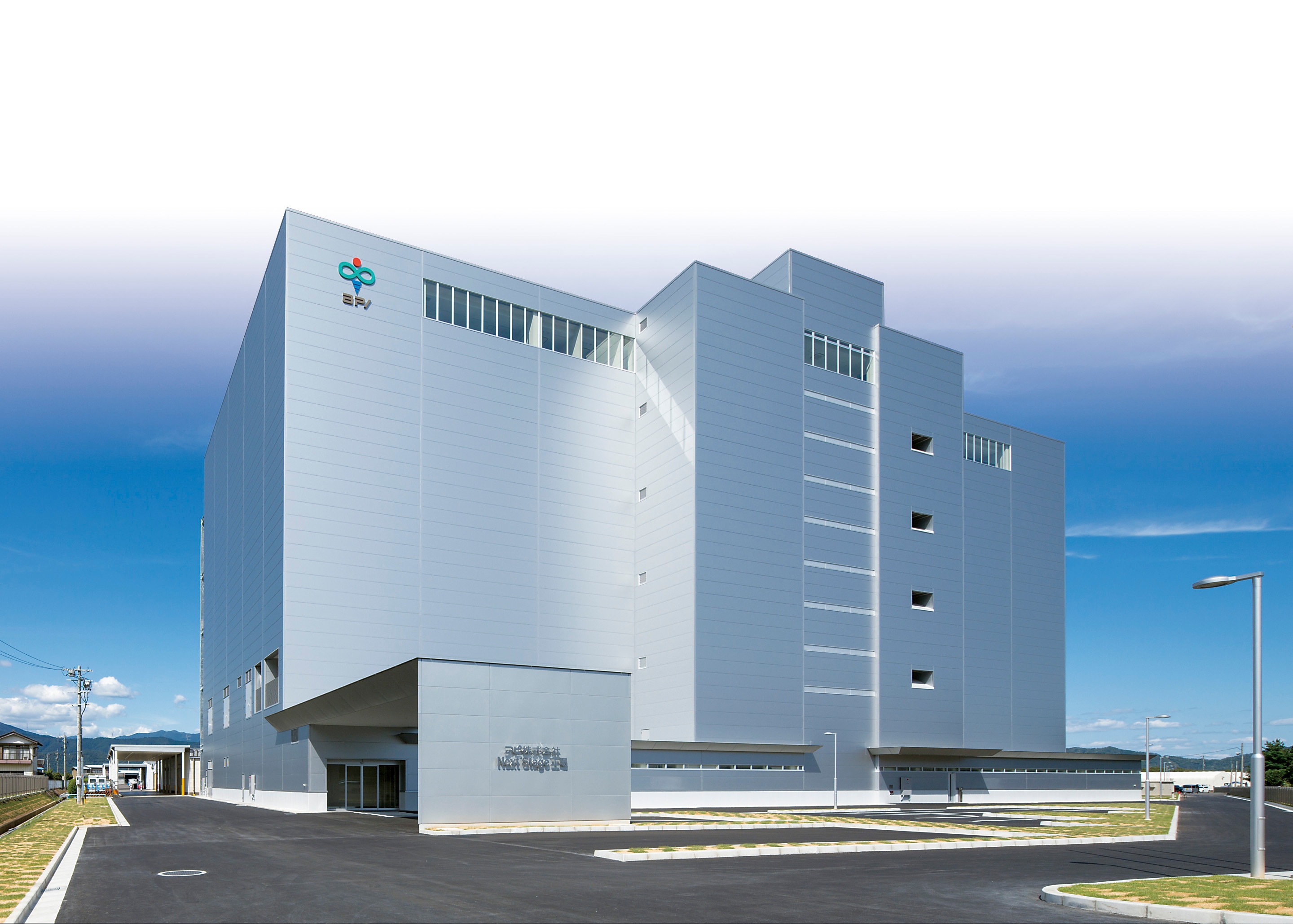
Next stage factory
The next stage factory is not only able to carry out everything from the storage and delivery of raw materials to the production, filling, packaging, inspection, etc. of contents, but also to the final product in one factory. It is a state-of-the-art factory that can be operated.
Halal certification has already been acquired in one manufacturing area so that we can respond to product development for Muslims. Since each area can acquire individual certification, it is possible to respond to the diversifying needs of the world.
Halal certification has already been acquired in one manufacturing area so that we can respond to product development for Muslims. Since each area can acquire individual certification, it is possible to respond to the diversifying needs of the world.
<Features of the Next Stage Factory>
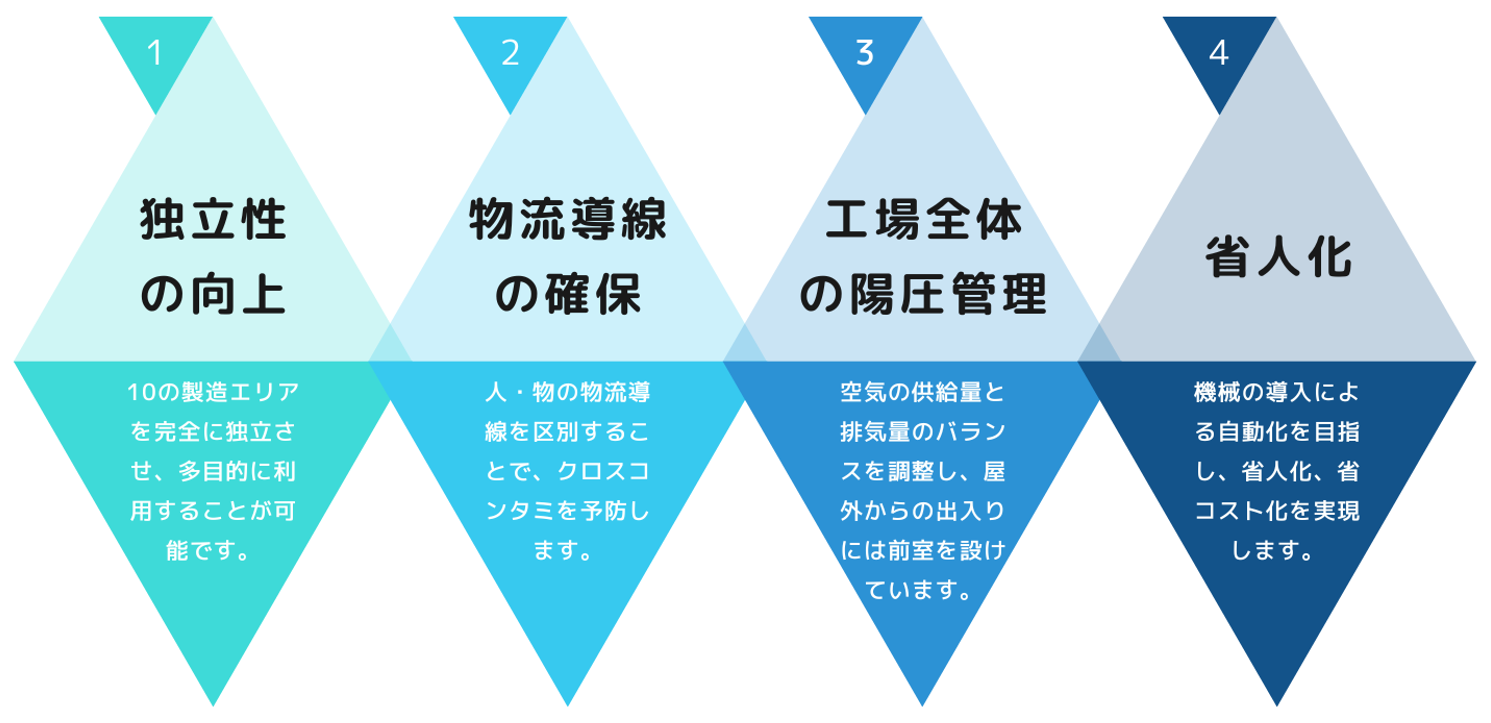
Quality control system
In order to deliver safe and secure products, manufacturingtubeReason, thorough hygiene management and traceability managementDoing.
<Management system of API>
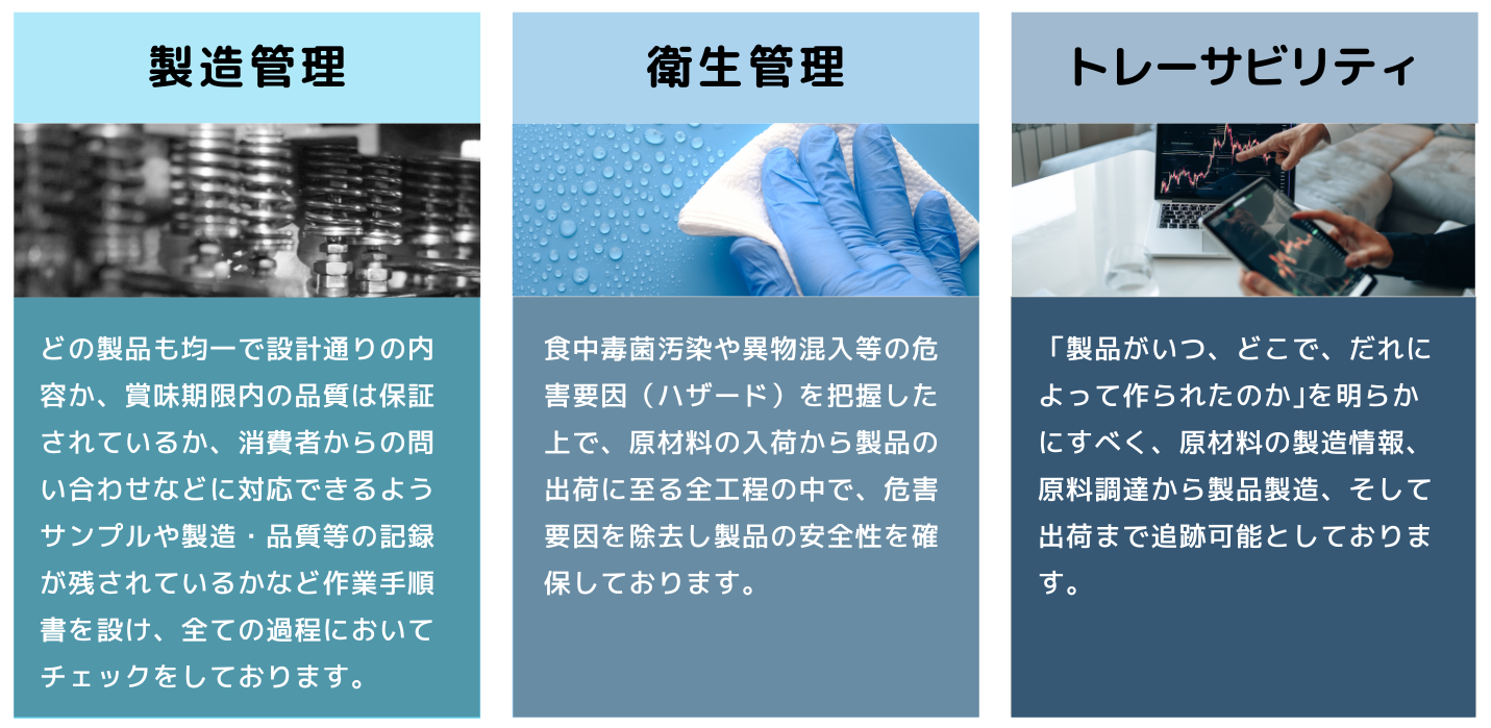
Halal product development flow
STEP① Hearing
First of all, please let us know your requests, such as the concept (appeal), target, sales target countries, sales price, release date, etc.
We will support you from product design and prescription design!
We will support you from product design and prescription design!

STEP② Ingredient survey
I told you that the use of “pork-derived raw materials” and “alcohol” is prohibited in food for Muslims.
These pig-derived raw materials and alcohol raw materials are actually used in a wider variety of raw materials than we think.
1. Emulsifiers made from pork fat, gelatin and collagen containing pork skin,
Glycerin, live bacteria raw material produced in porcine-derived medium
2. Excipients and additives when manufacturing raw materials
3. Wine extract powder (even if it does not contain alcohol)
There are many other checks that are difficult to understand in a few words. Our company thoroughly implements traceability management and conducts research from the origin of raw materials to the manufacturing process in advance, so it is possible to develop products without spending time researching raw materials. By adding cooperation with an external Islamic advisor (NAHA), we have established a strict quality control system in the Halal manufacturing area.
These pig-derived raw materials and alcohol raw materials are actually used in a wider variety of raw materials than we think.
1. Emulsifiers made from pork fat, gelatin and collagen containing pork skin,
Glycerin, live bacteria raw material produced in porcine-derived medium
2. Excipients and additives when manufacturing raw materials
3. Wine extract powder (even if it does not contain alcohol)
There are many other checks that are difficult to understand in a few words. Our company thoroughly implements traceability management and conducts research from the origin of raw materials to the manufacturing process in advance, so it is possible to develop products without spending time researching raw materials. By adding cooperation with an external Islamic advisor (NAHA), we have established a strict quality control system in the Halal manufacturing area.
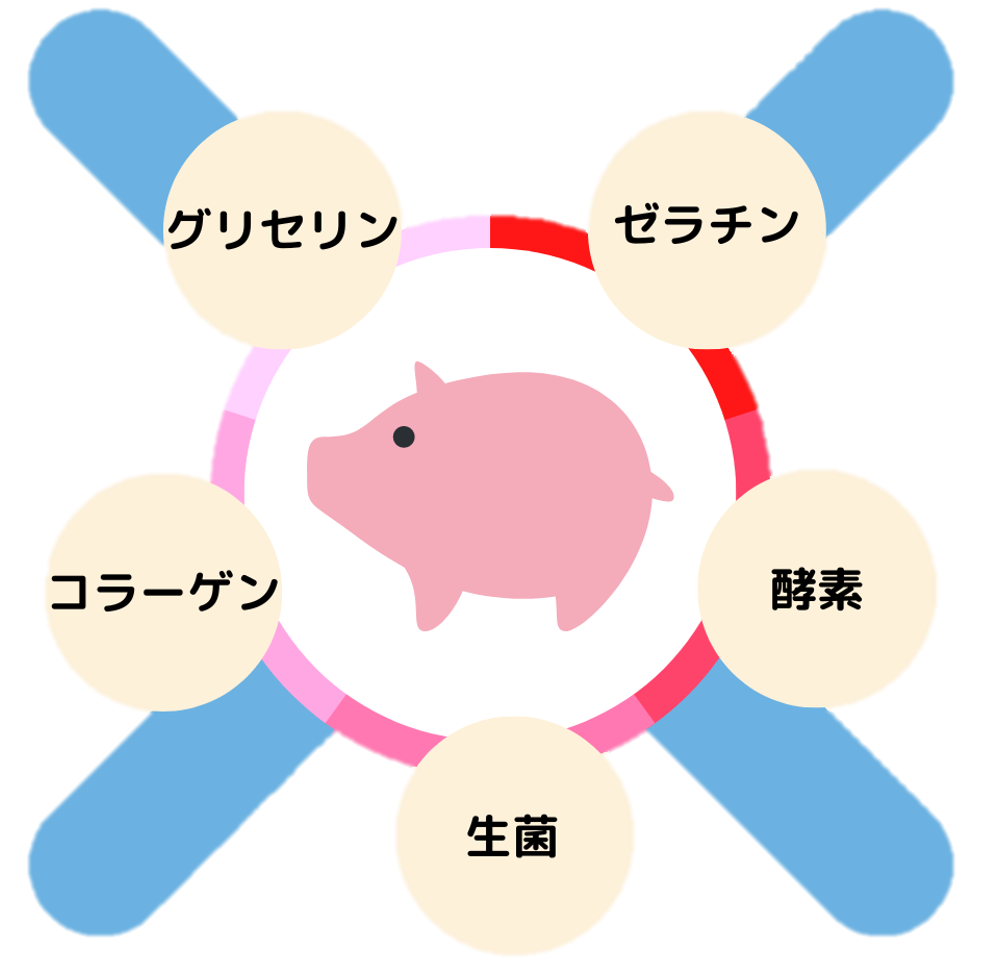
STEP 3 Formulation/product design
We offer comprehensive proposals, from prescriptions to dosage forms and packages. In the current halal area, it is possible to manufacture products in tablets, hard capsules, and granules.
In addition, packaging specifications include glass bottles, plastic bottles, stick packaging, and box packaging.
In addition, packaging specifications include glass bottles, plastic bottles, stick packaging, and box packaging.
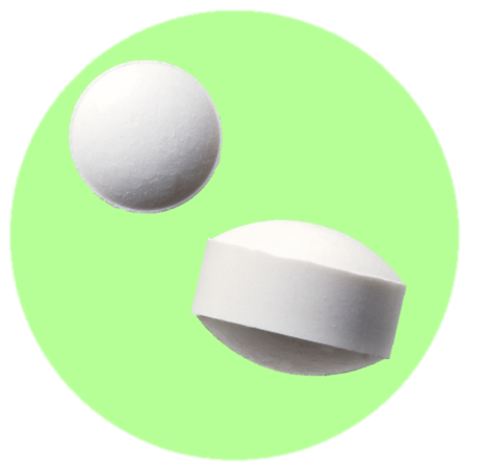
tablet
粉末や顆粒を圧力で押し固めた
粒状のタブレットです。
(8Φ:200㎎~300㎎、
9Φ:280㎎~350㎎、
10Φ:400㎎~450㎎)
粒状のタブレットです。
(8Φ:200㎎~300㎎、
9Φ:280㎎~350㎎、
10Φ:400㎎~450㎎)
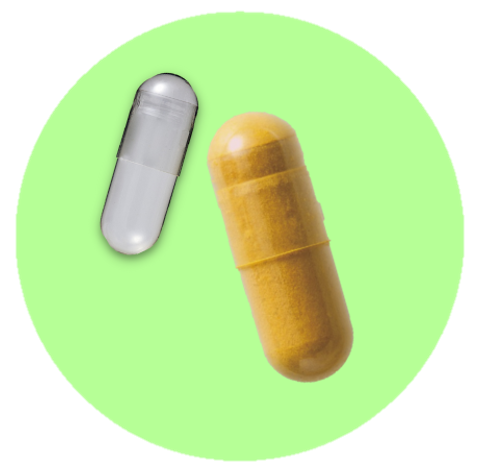
hard capsule
円筒形のボディーとキャップで
構成され、粉末や顆粒等を充填します。
(2号:220㎎~280㎎、
1号:280㎎~350㎎、
0号:450㎎~500㎎)
構成され、粉末や顆粒等を充填します。
(2号:220㎎~280㎎、
1号:280㎎~350㎎、
0号:450㎎~500㎎)
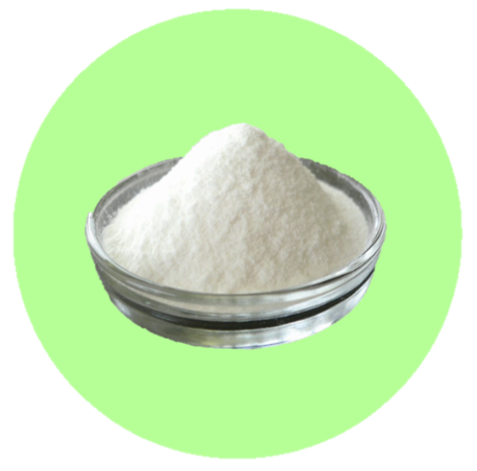
granules
The powder is easy to swallow and melts in your mouth.
It's made to look good.
(Fluid bed granulation)
It's made to look good.
(Fluid bed granulation)
*Please contact us for other sizes.
STEP 4 Prototyping and various tests
We conduct laboratory prototypes and mass production prototypes, conduct nutritional component tests, stability tests, etc., and set quality standards.
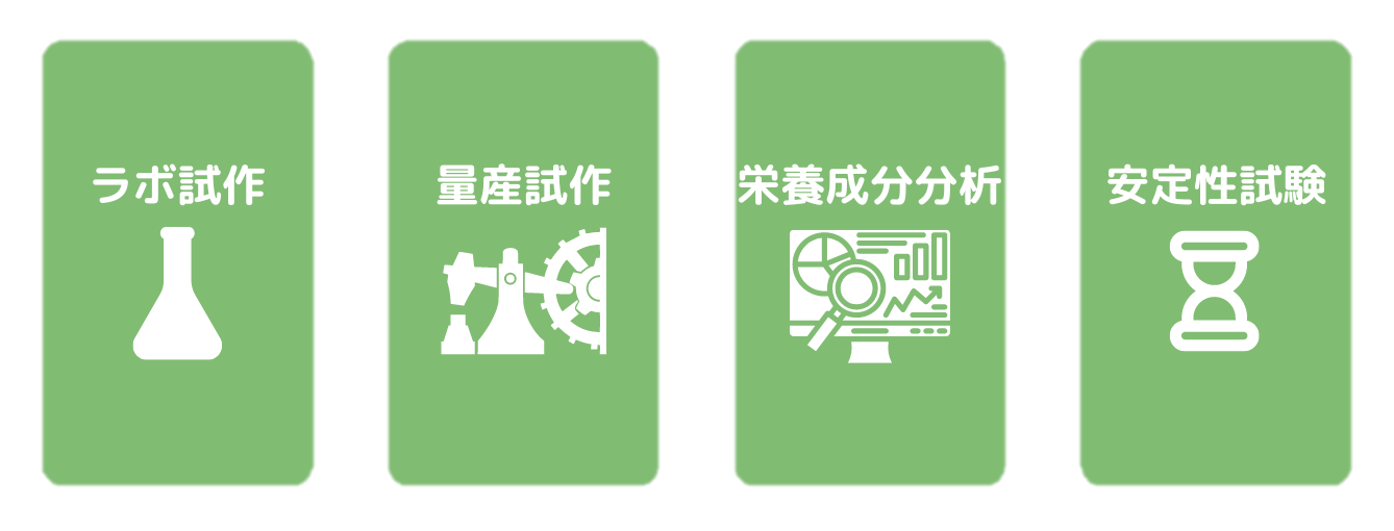
STEP⑤ Granting of Halal certification mark, manufacturing and sales

After confirming that there are no designs reminiscent of pigs or alcohol in the package design
A certification mark is given to each product. All production is done on the halal line that has established an integrated production system.
API's CF for ハラール
こんなお悩みございませんか?

効果・効能
がある製品を開発したい
がある製品を開発したい


コンセプト
を決めるのが難しい
を決めるのが難しい


ハラール原料
が分からない
が分からない


差別化
を図りたい
を図りたい

そのお悩み API’s CF for ハラール にご相談ください。
エデビデンスに基づいた製品開発とムスリムの文化を掛け合わせたコンセプトで、
東南アジアへの進出をサポートします!
API's CF for ハラール ラインアップ
以下ラインアップは、当社でご準備している一例です。
ご要望に合わせて、どのようなコンセプトでも対応いたします。
お問い合わせフォーム、もしくはお電話にて、お気軽にお申し付け下さい。
画像をクリックで詳細資料をダウンロードいただけます。
ご要望に合わせて、どのようなコンセプトでも対応いたします。
お問い合わせフォーム、もしくはお電話にて、お気軽にお申し付け下さい。
画像をクリックで詳細資料をダウンロードいただけます。
Product development for Southeast Asia is not difficult
Would you like to aim to expand into Southeast Asia with the total support we provide?
FAQ
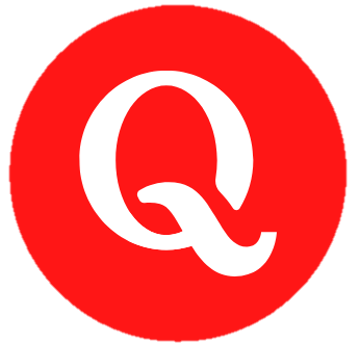

Is it okay if I don't have knowledge about Halal?
No problem.
In cooperation with the halal certification organization (NAHA), we will provide total support from raw material selection to commercialization.
In cooperation with the halal certification organization (NAHA), we will provide total support from raw material selection to commercialization.


How much does it cost to get halal certification?
As an initial cost, you need to pay the Halal product registration fee to the certification organization.
At the time of the first product certification, we will ask you to sign a contract between the sales company and the certification organization and pay the halal product registration fee.
The certification period is one year, and we will apply for renewal each time. No renewal fee will be charged. It is a contract between the certification body and the sales company,
Since it is not a contract for each product, additional costs will not be incurred even if Halal certified products are added.
At the time of the first product certification, we will ask you to sign a contract between the sales company and the certification organization and pay the halal product registration fee.
The certification period is one year, and we will apply for renewal each time. No renewal fee will be charged. It is a contract between the certification body and the sales company,
Since it is not a contract for each product, additional costs will not be incurred even if Halal certified products are added.


What sizes are available for tablets and hard capsules?
Currently, the sizes that can be manufactured are tablets 8φ (200-300mg), 9Φ (280-350mg), hard capsules No.0 (450-500mg) and No.1 (280-350mg).
If you would like other sizes, please feel free to contact us.
If you would like other sizes, please feel free to contact us.


Is it possible to supply bag packaging?
Our HALAL dedicated line does not currently support bag-supply packaging.
For details on product development, please contact us using the inquiry form. Our sales representative will contact you at a later date.
For details on product development, please contact us using the inquiry form. Our sales representative will contact you at a later date.


What is the difference between Muslim-friendly and Halal products?
Halal certification is a private certification system in which a third party's private organization certifies the halal nature of a product. Certification bodies set standards for what is considered halal,
Halal certification is given to products that have cleared it. On the other hand, Muslim-friendly means that product providers want to appeal to Muslim consumers.
They often refer to themselves and most of them have not been audited by a third party. Halal certification is essential for making products that Muslims can enjoy with peace of mind.
Halal certification is given to products that have cleared it. On the other hand, Muslim-friendly means that product providers want to appeal to Muslim consumers.
They often refer to themselves and most of them have not been audited by a third party. Halal certification is essential for making products that Muslims can enjoy with peace of mind.


What is the difference between Muslim, Jewish, Vegetarian and Vegan?
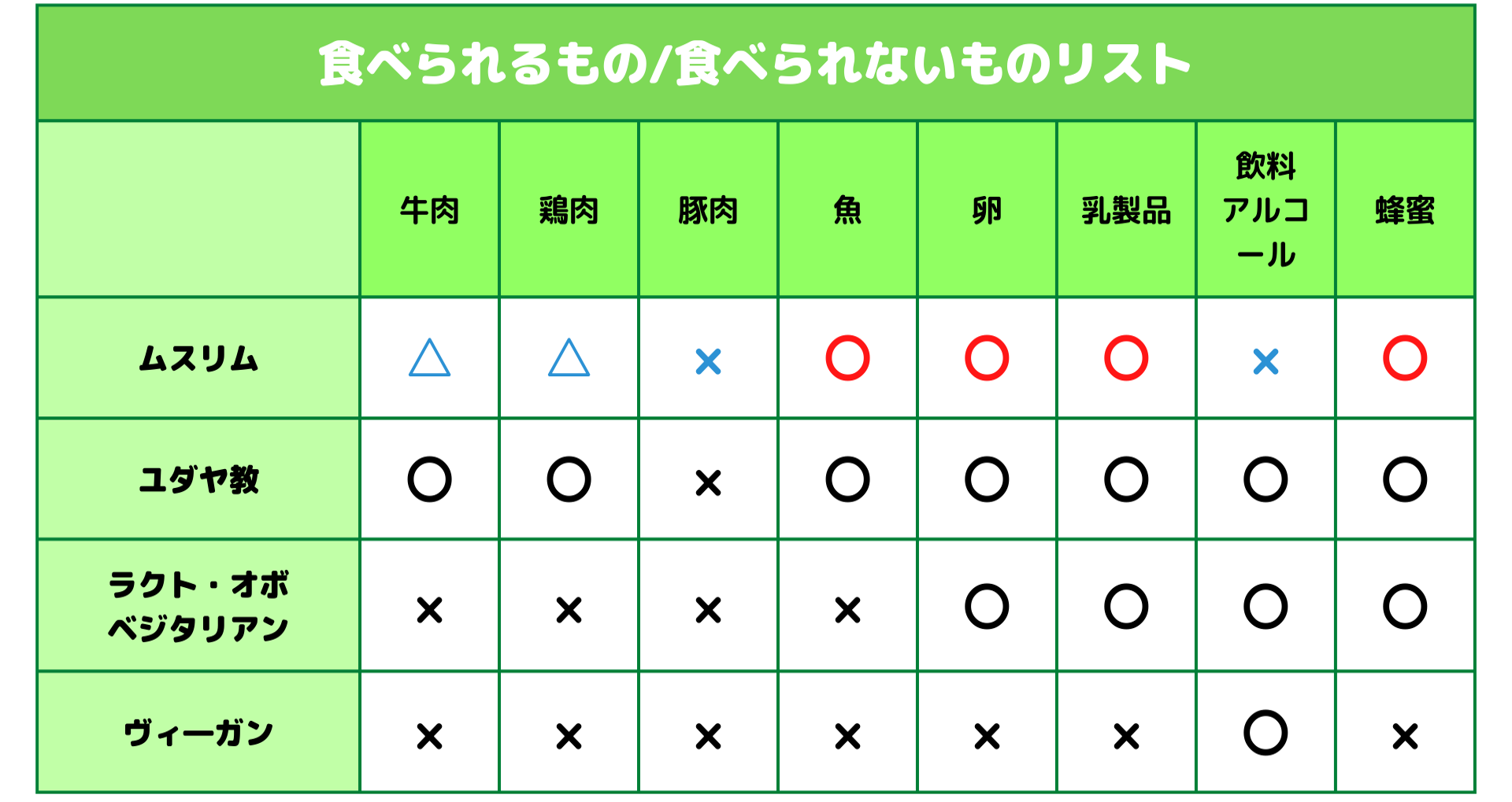
※△…Halal-certified ingredients only
Contact
inquiry
Please feel free to contact us for any inquiries!
1-1 Kanohsakuradacho, Gifu-shi, Gifu 500-8558 Japan
〒103-0023
3-7-2 Nihonbashi Honcho, Chuo-ku, Tokyo
MFPR Nihonbashi Honcho Building 5th floor
3-7-2 Nihonbashi Honcho, Chuo-ku, Tokyo
MFPR Nihonbashi Honcho Building 5th floor
© copyright 2019 API Co.,Ltd. All Rights Reserved.
